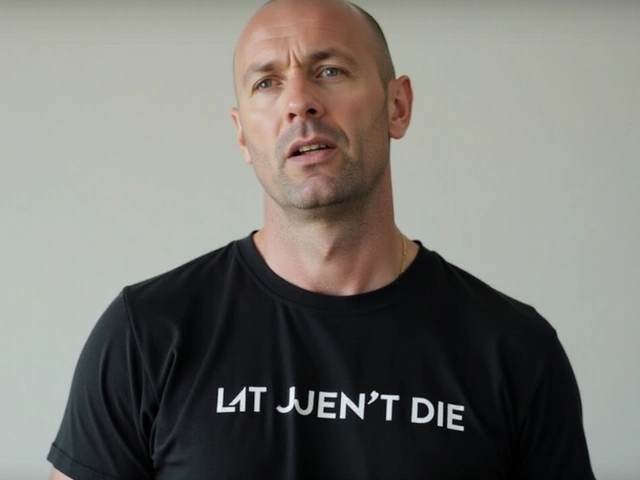Understanding Virtue and How It Shapes Your Day
Virtue is a word we hear a lot, but what does it really mean for you? In plain terms, virtue is a set of good habits that make you a better person. It can be honesty, patience, kindness, or any trait that helps you get along with others and feel good about yourself. When you practice these habits, everyday tasks become smoother and relationships improve.
Identify the Virtues That Matter Most
The first step is to pick a few virtues you want to focus on. Start small – maybe you want to be more patient while waiting in line, or you want to speak truthfully even when it’s hard. Write them down and keep the list visible, like on your phone or a sticky note on your desk. Seeing the list reminds you to act on those values throughout the day.
Next, think about moments when you already show that virtue. If you’re naturally caring, you probably help a friend with homework without being asked. Recognizing these moments builds confidence and shows you that the habit already exists. Then, look for gaps – situations where you slip. Those gaps tell you where to practice more.
Turn Virtues Into Everyday Actions
To turn an idea into a habit, pair it with a routine you already do. Want to be more honest? Before you send any message, pause and ask, “Am I saying exactly what I mean?” That tiny check becomes a habit after a few weeks. If patience is your goal, use waiting time in traffic to take a few deep breaths instead of getting frustrated. Linking the virtue to a cue you already have makes it easier to remember.
Another trick is to set tiny, measurable goals. Instead of “be kinder,” try “give one genuine compliment each day.” When you hit that target, you feel a small win, and the brain reinforces the behavior. Over time, those small wins add up to a bigger change.
Don’t forget to reward yourself. After a week of meeting your virtue goals, treat yourself to something you enjoy – a coffee, a short walk, or a favorite show. Rewards aren’t about bribery; they’re a signal that you’re valuing your effort.
Finally, share your progress with someone you trust. Talking about your virtue goals with a friend creates accountability. If you slip, they can give you a nudge without judgment. It also makes the journey more enjoyable because you’re not doing it alone.
Virtue isn’t a destination; it’s a daily practice. The more you weave good habits into ordinary moments, the more natural they become. Start with one or two virtues, link them to your routine, and watch how your day improves. Small steps today lead to bigger, positive changes tomorrow.
Devotion to God Shapes Virtue and Strengthens Rituals, Says Sankhlecha
Sankhlecha teaches that deep devotion to God leads to true virtue and genuine ritual observance. The power of faith, supported by regular rituals, guides people toward ethical living and brings communities together. His approach links personal spiritual growth to a wider sense of cultural and moral unity.





